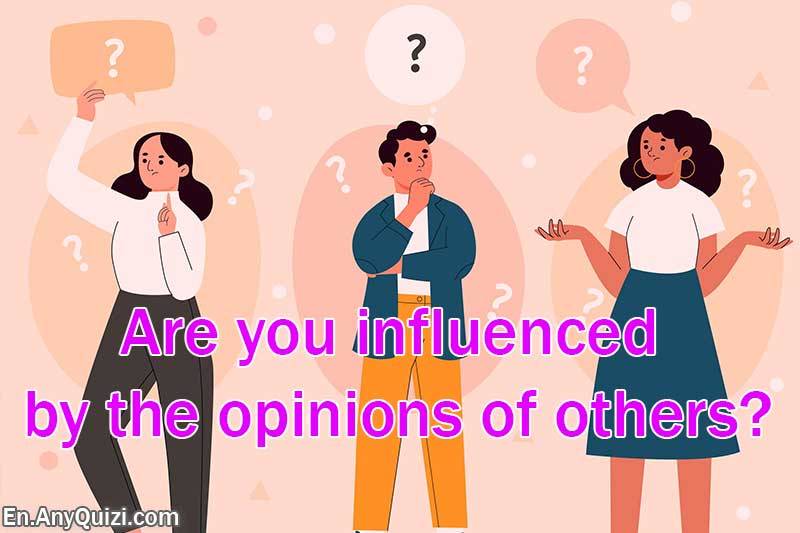Are you a bad speaker? Here's how to get better!
Most of us engage in communication every day, but most of us also know that communicating with others can be a difficult and frustrating experience. Sometimes we mean well, but because of the way we say what we want to say, our message is misunderstood, with unintended and unwanted consequences that follow. Here are four of the most common mistakes we may make when communicating with people, which often lead to conflict and deteriorating relationships. The good news here is that once we become aware of those bad habits, we can change the way we communicate, leading to improved relationships. The Four Qualities of Communication Ineffective: 1. Language that is dominated by the word “you” and is characterized by directives: Ineffective communication is often characterized by the use of certain types. It is a language in which the word “you” predominates, and it is accompanied by directive phrases that come either to express a negative judgment or to direct an order to another person. For example: “You are not good enough. . . », or «You should pay attention to. . . », «You must do it now. . “. Most people do not like to pass judgment on them or dictate what they should do. When we use language that is dominated by the word “you” in addition to giving directions, it becomes very easy to arouse feelings of resentment and defensive attitudes in others, and this type of communication also causes problems because it calls for an answer. With “no”, which results in disagreements and conflicts. On the other hand, it is worth noting that there are phrases that contain the word “you” that are good for communication, for example: “positive you” phrases, which are simply phrases that begin with the word “you” and are followed by a positive comment: “You did a good job on this project.” There are also “You are neutral” statements, which are sentences that begin with “you” and are followed by a factual comment or a news comment, for example: “You are the third person present.” In general, there is nothing wrong with using the phrases “you are positive” or “you are neutral,” but the problem lies in the phrases “you are directive,” and this is what is considered ineffective communication. 2. Generalized phrases: Generalized phrases are expressions that generalize a person's personality or behavior in a negative way. The most commonly used generalized phrases include words such as: “always,” “never,” “again,” “therefore,” “every time,” “like,” “Everyone.” General expressions are often used in conjunction with words dominated by the word “you.” For example: “You always leave the toilet seat up,” or “You never cap your toothpaste,” “You are so lazy!” “. Generalized statements cause multiple problems: First, they eliminate the possibility that the listener will be different from what he is in the speaker’s mind, and thus the possibility of change is dropped. Second, because generalized statements refer to “what is wrong” rather than “how to be better,” such statements discourage change. Just as with examples of language that include the word “you,” generalized statements can easily be controversial. If I tell you: “You have never washed the dishes,” all you have to do is make one exception, such as saying: “That is not true, Peterson, I washed the dishes once last year.” And in this way you have successfully contradicted my words. The nature of generalized statements makes them vulnerable to Examples supported by evidence. Generalized statements are essentially over-generalizations and negative judgments. It is especially important to avoid using generalizations when communicating with children, because such expressions can negatively affect their self-esteem. 3. Strictness with the person and leniency with the problem: In every situation of communication with someone, there are two elements: the person to whom the situation relates, and the issue or behavior that that situation deals with. Effective speakers know exactly how to separate the problem or behavior from the person himself, and based on They act gently with the person and strictly regarding the problem. Those who communicate ineffectively do the opposite. They literally “take it personally” by being strict with the person, while minimizing or ignoring the issue or behavior at hand. For example: Ineffective communication: “You are so stupid!” » Effective communication: “You are an intelligent person, and what you did this morning was not very intelligent.” You may have noticed the use of “and” instead of “but” in the example above. “But” is a negative factor that reduces the importance of what was said before it. And it makes the true meaning of the sentence depend on what comes after it (I love you as a friend, but...) so the phrase “Yes, but.” . . “It often means ‘no’. So if you do not mean to negate the first part of the sentence, use “and” instead of “but,” where “and” is a conjunction that functions to give the same emphasis on what was said before it as what was said after it. Being strict with the person and being lenient with the problem provokes negative reactions in people who are likely to take what you say more personally, and as a result they will feel angry, resentful, hurt, or rebellious. Note that being tough with the person and being lenient with the problem involves frequent use of “you” statements in addition to generalized statements. 4. Denying feelings: Denying feelings occurs when we recognize the emotions coming from someone, whether positive or negative, and we either neglect them, deny them, belittle them, ignore them, or judge them negatively. For example: “Your fears mean nothing to me,” or “No one cares that you are angry, stop overreacting!” », or «Don't be very happy, your progress does not mean much.» When someone's positive feeling is denied, his or her positive feeling is likely to fade or even disappear, and as positive feelings tend to decrease; Desired behavior and relationship strength also decrease. When the negative feeling of another person is denied, it is likely that his negative feeling will be strengthened and prolonged. As negative feelings increase, unwanted behavior also increases, and the barriers in the relationship increase. When we deny another person’s feelings, we are likely to cause him immediate dissatisfaction, and The person (or group) is likely to feel hurt and angry, and in some cases the person may close himself off emotionally so that his or her feelings will not be hurt again. Denial of feelings is one of the most destructive things for close personal relationships, and it is one of the main reasons behind the occurrence of “collision” situations in families, among friends, or in intimate relationships..
From the book 44 Amazing by: Preston Nee











